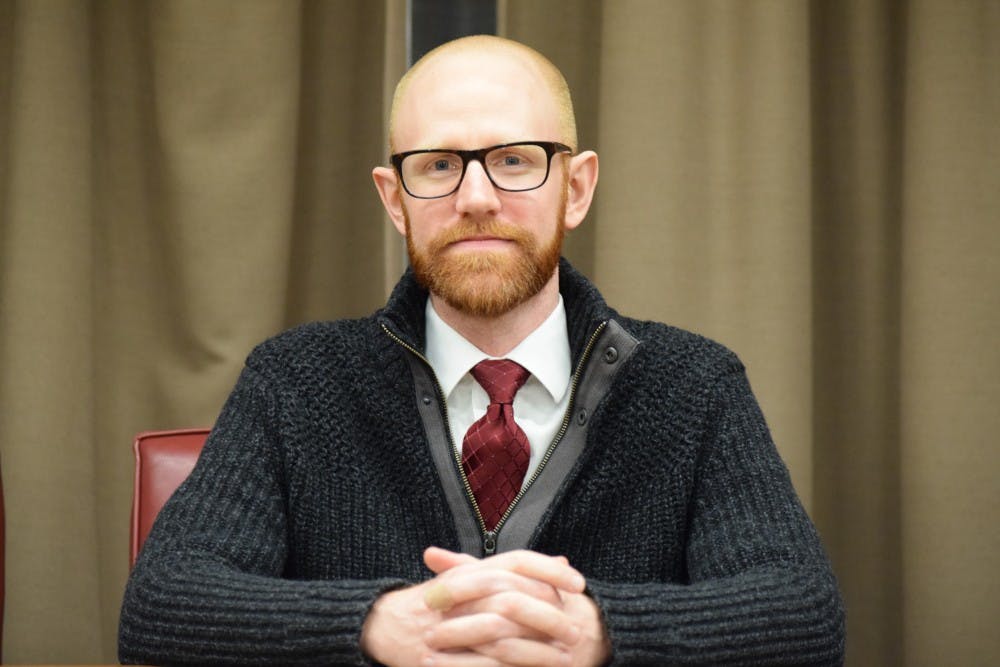During its weekly meeting Sunday evening, the Honor Committee discussed reforming the process of selecting support officers, or University students who participate in the workings of the Honor System by staffing cases and working with Committee representatives. Changes would seek to make the support officer selection process less complex and make the support officer pool more diverse and representative of all University schools.
Peyton Sandroni, a third-year Engineering student and vice chair for investigations, and Meghan Wingert, a third-year Batten student and Honor support officer at large, presented the Committee with an overview of the support officer selection process and discussed the general concerns regarding the process.
Sandroni outlined the basic steps of the support officer selection process, saying that one of the primary goals behind reforming the process is to “focus on making [the selection process] more practical and applicable.”
The current support officer selection process consists of five different stages. First, individuals interested in joining Honor as a support officer sign up with Honor at an information session, the activities fair or an Honor presentation at a CIO general body meeting at the beginning of the school year. Then, they take an online quiz about the general workings of the Honor system.
Next, the top 180 students are asked to participate in a first round of interviews in which they are presented with a mock trial case. After cuts are made, selected individuals are then asked to a second round of interviews during which their philosophy of Honor is evaluated, along with an educational presentation about Honor to the University community of their choice.
Finally, 30 at 45 support officers are selected following the second round of interviews, and undergo a 10 to 12 week training period in which they are educated on the ins and outs of the Honor system.
The Committee most heavily discussed the interview component of the support officer selection process. Interviews are intensive in terms of what they require from interviewees, and additionally are held in the Lawn rooms of individuals who are on Committee, which Committee members said adds another level of pressure to the process.
Wingert said the process “can be pretty daunting for a lot of students,” with Sandroni discussing the merits of potentially moving interviews out of Lawn rooms in order to “make different stages more approachable.”
Wingert also discussed general problems with the selection process and commitment structure. She expressed concerns over the recruitment process happening too soon in the school year, support officer pool meetings occurring on Sunday evenings — the same time as many fraternity and sorority chapter meetings, hindering Greek students from participating in Honor — and a lack of adequate representation from smaller schools on Grounds.
Wingert also expressed concerns over diversity, stating that the Committee wanted to include more diversity in gender, race, student athlete status and in-state versus out-of-state students. Wingert also said that the Committee would seek to maintain a higher retention rate for minority support officers.
“Honor can sometimes be unapproachable,” Wingert said. “We are predominately white … we want more diversity.”
The Committee collectively brainstormed potential ideas for resolving issues related to the support officer selection process, including establishing spring recruitment and eliminating the quiz component of the selection process.
Ory Streeter, a Medicine student and Honor Committee chair, reiterated the Committee’s goals of making the support officer selection process more accessible to the University student body and increasing diversity throughout the Honor system. Streeter additionally said specific decisions regarding the selection process reform have not been made yet and will appear concretely in fall 2018.







